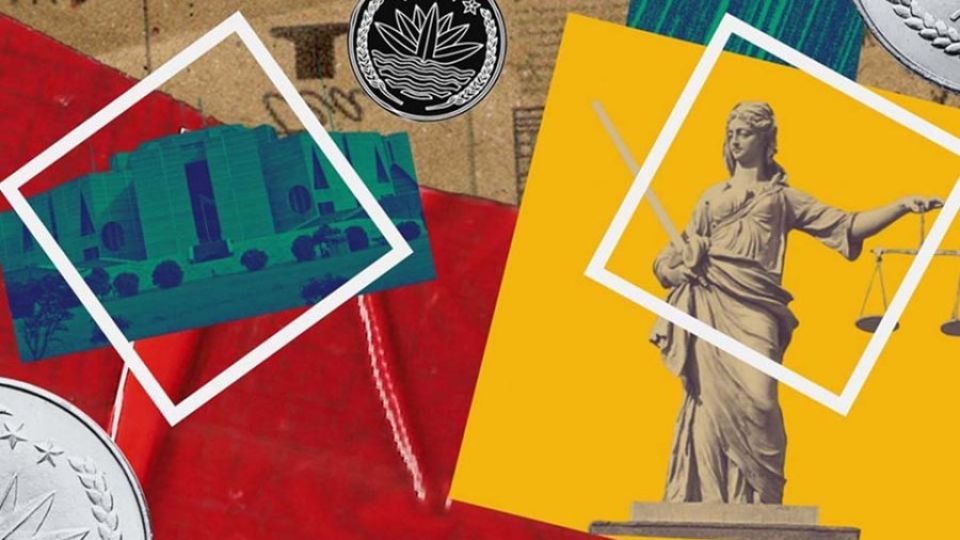January 6, 2025
DHAKA – As it is becoming increasingly clear, it is not enough to just plan state reforms and get some of them executed before the next election. To ensure the momentum is not lost post-election, political parties that will eventually take the reins of reform implementation must credibly demonstrate that they can deliver the reforms as promised. However, there remains a huge trust deficit in this regard, thanks in part to our experience with the reform drive under the last caretaker government that fizzled out soon after the 2008 election, when Awami League came to power. One way to prevent a repeat of that scenario is to ensure internal reforms within our political parties.
The argument is simple: if political parties cannot exercise democracy within their internal activities and decisions, how can they uphold democracy at the national level? A party that is run on the principles of accountability and transparency and in line with its own constitution is more likely to stick with the state reform agenda. Without these qualities, political parties, once elected to power, risk falling back into the same patterns of patronage, corruption, and authoritarian tendencies that have plagued Bangladesh for so long.
Sadly, as a report by this daily once again reminds us, most parties still function as highly centralised entities, with little regard for internal accountability or democratic practices. Our analysis of 25 parties reveals that party constitutions promising regular leadership elections and grassroots-driven MP nomination processes are routinely set aside. Party leaders also hold on to power for years, even decades, only to relinquish control in the event of ill health, legal troubles, or death.
For example, Awami League’s Sheikh Hasina has been unopposed as party president for 43 years, while BNP’s Khaleda Zia has held her position for 40 years. Although almost all party constitutions stipulate a council, every three or four years, to elect their office bearers, in reality, councils are rarely held and have rather morphed into mere formalities, rubber-stamping decisions made by party heads. Also, despite some parties introducing term limits or other reforms, such provisions are seldom enforced. The reliance on dynastic politics further entrenches these issues.
These practices have hollowed out the democratic essence of our political parties. Accountability for crimes or any breach of code of conduct by party members is another casualty under such circumstances. Since the political changeover on August 5, we have seen many instances where unruly members and supporters of some parties, notably BNP, have filled the void left by their fallen Awami League counterparts in various sectors, thus continuing corrupt practices of the past. It is precisely because of this trend that many have doubts about the continuity of the reform drive under a political government, which is unfortunate considering the huge sacrifices that went into bringing us this historic opportunity for change.
We urge political parties to critically review their internal practices and take corrective steps so that citizens can be confident of their ability and sincerity to sustain the reform drive post-election. They must honour their own constitutions, and regularly hold and enable their councils to become genuine platforms for electing leaders and shaping policies. They must lead the change that they want to see in the state.


